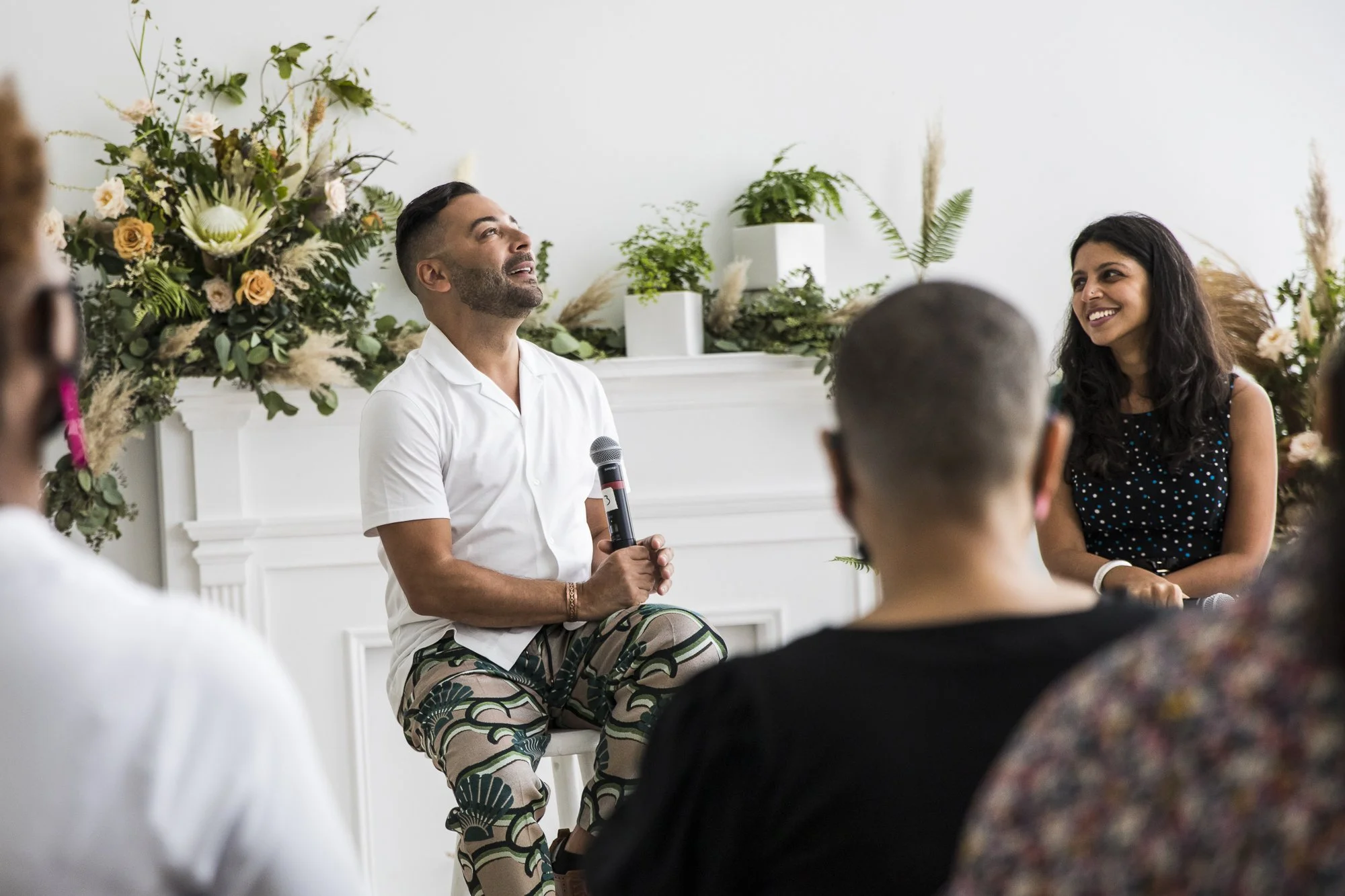Edgar Villanueva (Lumbee) is an award-winning author, speaker, and strategist working at the intersection of wealth and spirituality. He is the founder and CEO of the Decolonizing Wealth Project and its donor community fund Liberated Capital, and author of the bestselling book Decolonizing Wealth (2018, 2021). Since launching DWP in 2018, Villanueva has emerged as a leading voice in reshaping philanthropy through an Indigenous lens, advancing a global movement grounded in collective healing and reparative action.
Edgar’s work at DWP centers on three core strategies: transforming the philanthropic sector, shifting conversations through storytelling and culture, and grantmaking. In 2025, under Villanueva’s leadership, DWP launched Moonshot, a bold 10-year strategy to catalyze $1 trillion in reparative giving and fundamentally transform philanthropy through DWP’s Reparative Philanthropy™ Framework, rooted in human dignity, reciprocity, and healing.
Since founding the Decolonizing Wealth Project in 2018, Villanueva has mobilized nearly $1 billion in philanthropic capital to support reparative initiatives across the U.S. and beyond. This includes over $23 million granted through DWP’s fund and donor community, Liberated Capital, which supports economic solidarity, community wellbeing, and climate justice efforts, particularly those led by Black and Indigenous and other historically underserved communities.
In addition to his work with the Decolonizing Wealth Project and Liberated Capital, Villanueva consults with individuals and a range of organizations, including national and global philanthropies, Fortune 500 companies, and entertainment groups, on social impact strategies to advance racial equity through their investment strategies.
A 2025 Time 100 Climate Leader, Villanueva holds a BSPH and MHA from the Gillings Global School of Public Health at The University of North Carolina at Chapel Hill. He is an enrolled member of the Lumbee Tribe and resides in New York City. Publications including the New York Times, NPR, Barron’s, Teen Vogue, Vox, and Forbes magazine have featured Villanueva and his work. Villanueva has contributed to the Washington Post, the Advocate, and Stanford Social Innovation Review.


